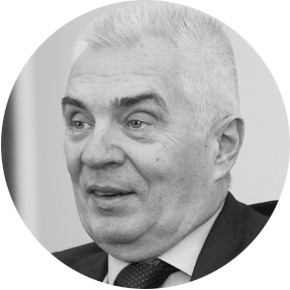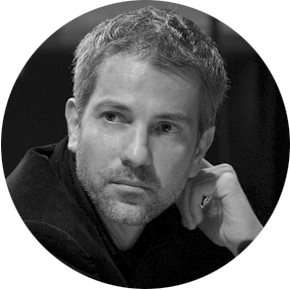Mediamax’s exclusive interview with Ambassador Piotr Switalski, Head of the EU Delegation to Armenia
Mr. Ambassador, these days there are a lot of publications in the press and expert opinions about the process of CEPA ratification. Some people say that the upcoming elections to the European Parliament might somehow affect the process. Can you give your opinion and assessment of the ratification process?
From our perspective, the ratification of CEPA is proceeding quite normal. So far, almost one third of the EU Member States have ratified the agreement, and in the other countries the ratification process is quite advanced, so we consider it as a normal pace.
We could speak about the ratification with other countries, who concluded even more ambitious agreements with the European Union (Georgia, Moldova). Normally it takes 2-2.5 years to ratify an agreement by all the Member States. What we have now is quite a normal picture.
What is more important, there are no political signals from any of the Member States indicating to possible political and other complications. The elections to European Parliament, scheduled to be held this year, are a very important event, but let me remind that the European Parliament had already given its consent and it is overwhelming - more than 500 positive votes and only 50 negatives. There is no requirement for any action of the European Parliament on CEPA. Therefore, we should proceed with the implementation, because 80 percent of the provisions of CEPA are already in force.
Yes, I also think that the discussions can be considered somewhat artificial, because with 80 percent of provisions in force, so we can focus on implementation.
I agree. Most provisions of CEPA are already in force, so my approach would be to focus on good implementation of what we have already in motion.
There are many speculations about the implementation of CEPA as well, particularly the Roadmap. Last week a former MP from the Republican Party Armen Ashotyan, quoting his sources in Brussels, said that the EU wasn’t happy with the Roadmap draft presented by the Armenian side. Naira Zohrabyan from Prosperous Armenia Party said almost the same in a recent interview. Could you comment on that?
The Armenian government has submitted a draft Roadmap to the European Union. It is now being studied in Brussels. We promised to provide our comments by the end of January. What I can say is that the document prepared by the Armenian government is very impressive. It is more than 100 pages with 300 practical steps which the government believes should be taken.
The inter-ministerial commission is working and the ministries are seriously thinking about how to carry out the corresponding provisions from CEPA.
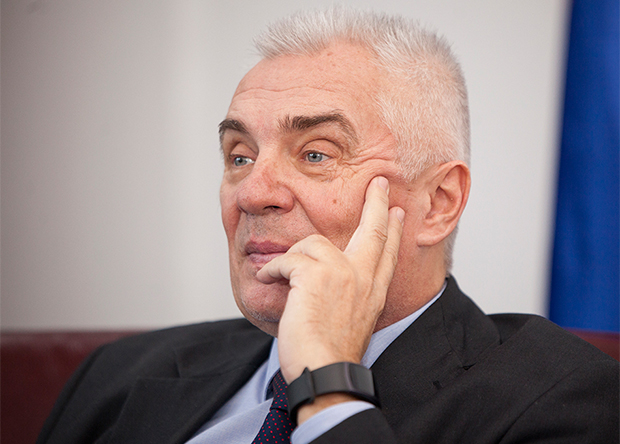 Piotr Switalski
Piotr SwitalskiPhoto: Mediamax
We approach the implementation of CEPA as a cooperative action, which means we are ready to sit together with the Armenian side and present our comments, suggest something, offer our assistance. We are now discussing with the Armenian government its internal working procedures required to oversee the implementation and to identify the needs - different expertise, capacity, people. We as the European Union are ready to help.
CEPA implementation will be a very complex endeavor. The European Union have assigned several million euros by now to help the Armenian government to implement the agreement. After the events of April and May last year, we are receiving, very committing declarations from the new government that they want to take it very seriously and believe that CEPA constitutes a good framework for reforms. We will continue talking and we will see how we can enrich the plans. Documents, declarations and plans - it is one thing, but what’s even more important is implementation. We are now in very close cooperation with the Armenian government to have a result, a really good and realistic, but at the same time ambitious Roadmap. It will be adopted later this year, probably in early spring, but even now we are ready to provide the necessary assistance.
As for assistance, there was an institution called EU Advisory Group working in Armenia in 2010-2014. Do you think that a similar body could be formed at some stage to make the assistance you have mentioned more systemic?
We are discussing with the government some concrete ideas of establishing an institution of high-level European experts. They could be put in key ministries to help with the implementation of CEPA, provide the link between the ministries and the European institutions, the branches of the commission. I believe we are moving in a good direction, and the European Union is ready to support the appointment of such high-level CEPA advisors.
Armenian Prime Minister made some remarks after the summer visit to Brussels about the levels of possible assistance from the EU, followed by observations that some EU leaders weren’t particularly happy with that. Do you have any comments on the matter?
The European leaders – President Tusk, President Juncker – sent a very warm congratulatory letter to Nikol Pashinyan after the victory at the elections. The Spokesman of Ms. Mogherini made a very strong positive assessment of the elections publicly, and I think that these are very clear signals that the leadership of the European Union has big confidence in the leadership of Armenia and they want to work together with the new government to implement the things on our agenda: CEPA, development assistance and all the other aspects of cooperation between the EU and Armenia.
I’d like to mention that we expect this year to be quite rich with political contacts, including visits of high-ranking officials from Brussels to Armenia.
Democracy, freedom of speech and media, other fundamental rights are the core of CEPA. There is an opinion now that Armenia is seeing a rise of intolerance and hate speech, especially in social networks, and many people don’t want to accept opinions that aren’t in line with their own. Do you think it is a problem and the government should address it?
The rise of hate speech is something which worries me very much. Why? Hate speech is a common scorch, a common evil. Hate speech is very detrimental to political culture. It kills democracy. In the countries that now embark on a new chapter of their history in terms of building political culture and democratic institutions especially, it is very important that the manifestations of hate speech are addressed, managed, prevented and combated.
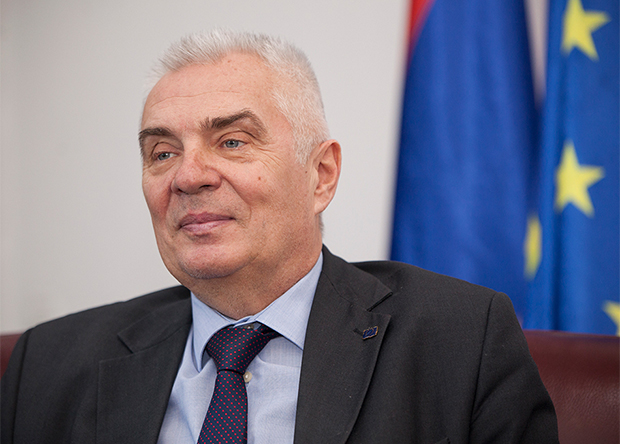 Piotr Switalski
Piotr SwitalskiPhoto: Mediamax
We are talking a day after the death of the Mayor of Gdansk, Pawel Adamowicz, who was a friend of Armenia and visited Armenia several times. He is a victim of hate. His death is another testimony to the fact that violent speech can lead to political violence. His death proves that hate speech should be addressed at the very early stage, because verbal hate can very easily transcend into physical violence.
We organized a special event in Armenia to talk about hate speech, in particular on social media. We had a very good seminar and we are really determined to continue our discussion.
The European Union concluded a code of conduct with the major social networks concerning combating the hate speech, and I invite all people to read this code of conduct, which committed all platforms of social media to work together to prevent hate speech on their networks. I invite the Armenian government to review the existing legislation to see whether it can be improved. Some European countries have very advanced system of norms against hate speech, and we are very committed to help the Armenian government and other stakeholders – politicians, civil society, and journalists – to combat hate speech.
At the same time, Armenia is still very far from the most worrying manifestations of hate speech than in other countries. The electoral debates in Armenia were very diplomatic and civilized as compared with the debates in other countries, including some members of the EU, where the negative emotions have already become very pervasive in political discourse. Here in Armenia my suggestion is to act before it is too late.
What is you approach to the charges brought against some representatives of the previous authorities, including former President Robert Kocharyan, who was jailed for the second time in December? Last week his spokesperson declared him a “political prisoner”. Do you think there is an issue of political persecution in Armenia?
Concerning the 2008 events, let me recall that the European Union has consistently and repeatedly appealed to the Armenian authorities to conduct a thorough, comprehensive, credible investigation of the events to reveal the whole truth. I think this is something very important for Armenia and the judicial system of Armenia, for the whole system of the rule of law.
We are, of course, aware that several cases were opened and some people were indicted. For the European Union, what is important is that all these cases are dealt with according to the highest standards of independence of judiciary, fair trial and the European standards in particular.
As you know, several cases have been brought to the European Court of Human Rights in Strasburg. There are already some judgments issued by the court, and what is important for us is that the European jurisprudence and the European standards are taken into account during the examination of the cases by the Armenian courts. Given the publicity of the cases, we understand that the burden on the Armenian judiciary is quite hard, and therefore, we believe that everything should be done in order not to make this burden even bigger. I'm confident that in the new Armenia the highest European standards of fair trial and independence of judiciary will be respected.
In terms of importance of the judiciary, some top officials, including the Prime Minister, said several times that the current system is not particularly instrumental in fighting corruption, as many judges were actually members of the corrupt system. They suggest that transitional justice should be implemented in Armenia. What do you think about it?
Armenia should rebuild the confidence of the population in courts, in the judiciary, rebuild the trust. According to various studies and opinion polls, conducted also on EU funds before the April revolution, Armenian courts suffered from the deficit of public trust. Not more than 20 percent of Armenians trusted their courts, and this was a very serious issue, because if people do not trust the courts, justice cannot function properly. For us, reform of judiciary aimed at rebuilding the trust of the people in the performance of the court should be one of the priorities of the new government.
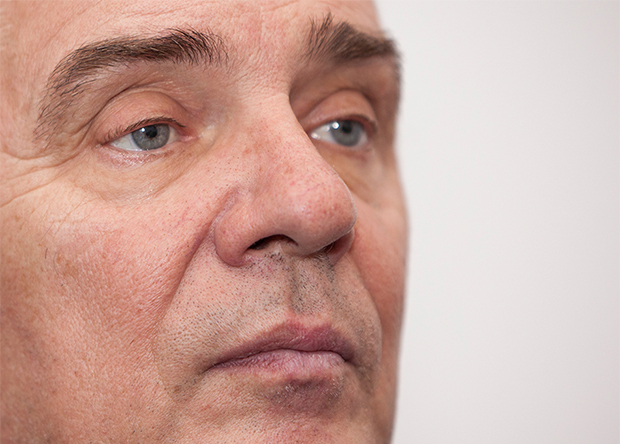 Piotr Switalski
Piotr SwitalskiPhoto: Mediamax
Several months ago European experts were invited to provide the suggestions on how to improve judiciary in Armenia, and they submitted ideas. Now the most important issue is the independence of judiciary; not only external independence from the executive or the legislative power, but also internal independence. Judiciary has a structure: different courts, the Judiciary Council, etc. Every judge should have feel really independent in processing the cases, so it’s not only about external independence (no phone calls from the Office of the Prime Minister or the President, etc.), but also internal.
Then there is the issue of ethical code. One of the most serious challenges for the Armenian judiciary was the level of corruption. We believe that the issue of corruption should be dealt with systematically, and certain important mechanisms should be put in place. The third aspect is the efficiency of judiciary. When courts are overloaded, when there are simply too many cases to process, the whole system cannot be considered effective and trusworthy. Thus, the list of issues that should be tackled is quite long and the EU is committed to support the Armenian government very strongly. For us what matters is the future. Even now, when people talk about transitional justice, our suggestion is: if you want to do it (and it should be a sovereign decision), look at it in the context of the future reform, don’t take it as a separate issue. Think about it in terms of building a good, credible, future judiciary system.
The European Union is one of the biggest supporters of transitional justice worldwide, including in the European Neighborhood and the Balkans. There is an ample body of the instruments and experience which the Armenian side can look upon. The basic question that should be answered is: has Armenia experienced in the past cases of impunity and miscarriage of justice? And if so, what are the implications of these cases for the future of the judicial system? There are different ways to deal with such cases, but it’s up to the Armenian side to decide whether these cases are serious enough, systematic enough to warrant transitional justice or its elements. I think that foreign partners should be really silent here.
Lastly, let’s discuss the situation with Lydian Armenia and more broadly, the issue of foreign investment. Lydian is a foreign investor with a program worth 400m, which is actually closed for 8 months not because the government decided so, but because some 20 or 30 so-called “activists” blocked the road and the government does nothing about it. What is your opinion?
As a general principle, we believe that Armenia needs foreign investments. The statement by the Prime Minister that Armenia should to undertake an economic revolution shows, we believe, that the government is going in the right direction. But probably, this economic revolution will not happen without engaging more involvement of foreign capital, particularly if Armenia wants to build a modern model of economy based on IT and new technologies. Foreign capital, in particular from advanced countries, is the primary source of new technologies and progress.
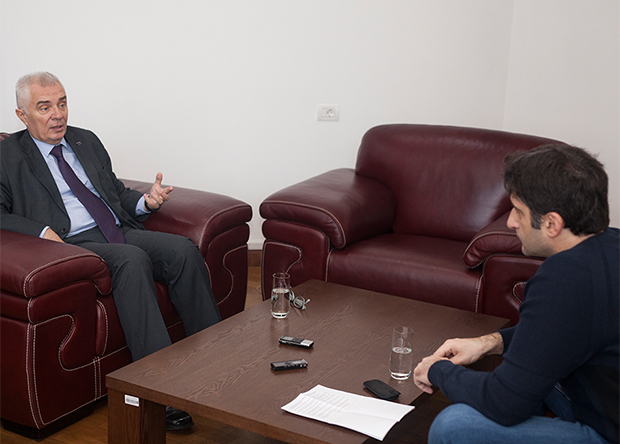 Ara Tadevosyan talks to Piotr Switalski
Ara Tadevosyan talks to Piotr SwitalskiPhoto: Mediamax
Armenia is a country with very limited internal resources. The most precious asset Armenia has is the people, not the mineral resources or agriculture. There is little capital available in the internal market, so if you want to make a breakthrough in economic development, you should think how to make your economy more open to the outside world. Of course, it entails some risks. Several transitional countries in Europe realized at some point that whole sectors of their economy were controlled by foreign companies, even the banking sector, and some of these countries decided to reverse the situation, for instance, Poland. Similar situation happened in other countries, which have foreign companies almost everywhere. It’s a big question for Armenia and the model of economic development, but I believe that Armenia should have economy that is more open to the outside world.
Foreign capital doesn’t come by itself, in particular to a small market like Armenia. Of course, the advantage of Armenia can be the access to the Eurasian Economic Union and the proximity to other places (a geographical proximity), but what Armenia needs is a well-thought, smart strategy for attracting foreign capital. Some basic requirements will always be there, like predictability, transparent rules, good justice system. Investors are still watching where Armenia will go. My colleagues, diplomats from EU countries are telling me that there is interest. Several months ago Armenia was put on front pages of newspapers, business people read about it in magazines. The fact that The Economist proclaimed Armenia “Country of the year” props up the interest, of course, in the business community as well.
What they need is strong evidence that if they come, they will not be threatened by rapid changes of policies and legislation and other developments of destructive nature. An internal analysis concerning the impact of Lydian’s Amulsar project will be conducted soon by some independent experts. It is in the interests of Armenia to have a credible conclusion done in a short period of time. All aspects have to be balanced: protection of the environment, standards. This is what we preach: care for the environment, the health of the people, and of course, there are places in Armenia which are particularly sensitive. Jermuk area is one of the most sensitive in the whole country in terms of environment, but at the same time, the economic development, investment and foreign companies operating in Armenia should also be taken into account. All these things should be balanced, and it should be done in a very transparent and fair way, so that no foreigner can come to the conclusion that there is a prejudice. Let’s hope that the issue will be settled positively soon.
Ara Tadevosyan talked to Ambassador Piotr Switalski
Photos by Emin Aristakesyan









